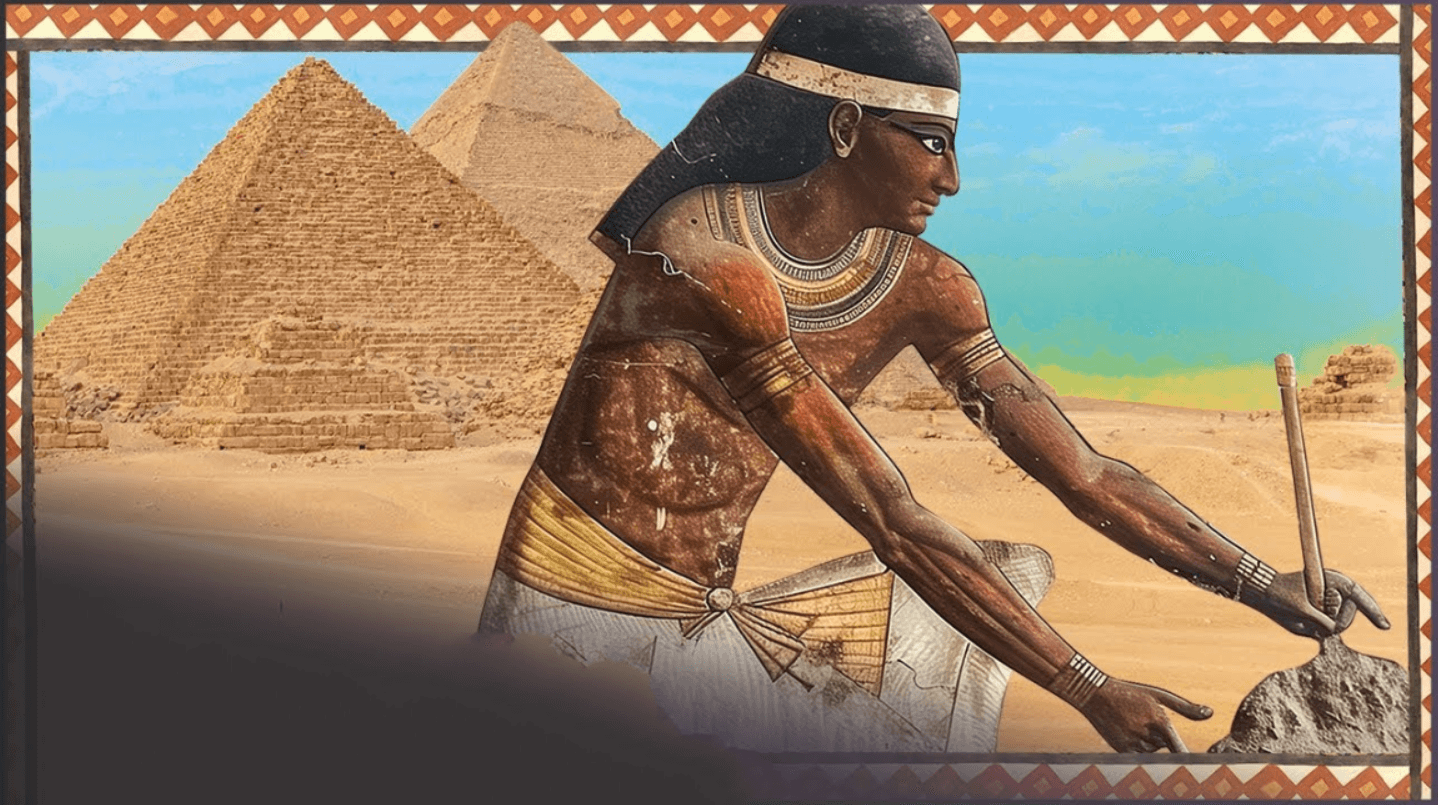The Nile River, the longest in the world, was home to one of the most remarkable civilizations in history – ancient Egypt. With a detailed knowledge of their life, the texts and monuments of Egypt reveal a nation of mysterious gods, remarkable rulers, and achievements far ahead of their time.
Luxor, the great city of ancient thieves, was the religious capital of the New Kingdom and where most of the great monuments of ancient Egypt were built. The Nile was like a huge clock that organized the Egyptians’ world, and they had to think in the way of the Nile and the agricultural cycle.
In earliest times, Egypt was divided into Lower Egypt and Upper Egypt, but around 3,100 BC, the whole of Egypt was united under one ruler, King Menz. By the beginning of the third millennium BC, Egypt was ruled by hereditary monarchs, and for the next 3,000 years, the Pharaohs were the rulers of the land of Egypt. The kingdoms represent the greatest ages of Egyptian history, with the Old Kingdom being based south of present-day Cairo at the ancient city of Memphis.







